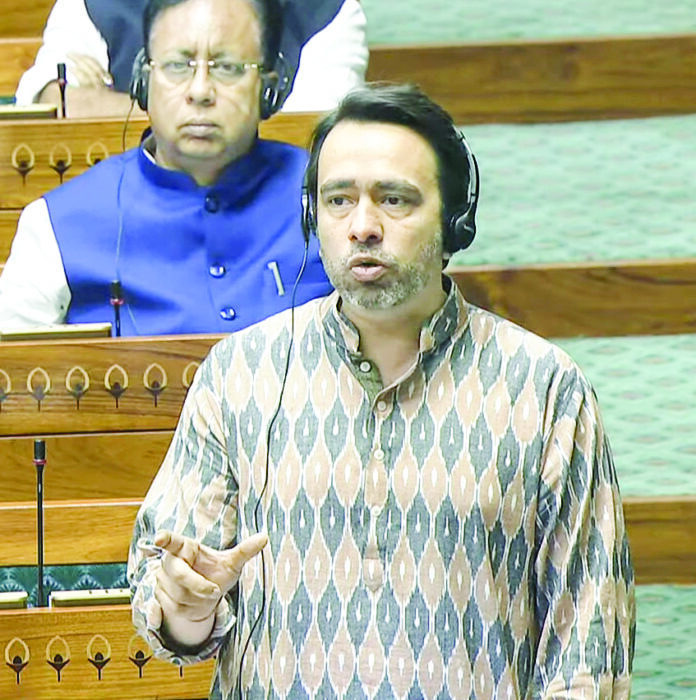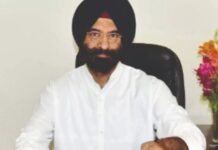
Paswan and Chaudhary raised concerns over UP police’s ‘communal’ remarks, escalating them to senior NDA leaders.
NEW DELHI: Union Minister of Food Processing Industries Chirag Paswan, along with Minister of State (Independent Charge) for Skill Development and Entrepreneurship and Minister of State in the Education Department, Jayant Chaudhary, have expressed dissatisfaction over communal statements made by the Uttar Pradesh police. Their displeasure led them to escalate their concerns to the senior NDA leaders.
According to a source with direct knowledge of the matter, both Paswan and Chaudhary took the initiative to address the situation by holding discussions with senior NDA leaders. This meeting is believed to have occurred earlier in the week in Delhi, where the two leaders also engaged with top-ranking officials of the Bharatiya Janata Party (BJP). During these discussions, they reportedly presented a detailed account of the issue to the party’s leadership, highlighting the seriousness of the situation and its potential consequences.
Their proactive stance underscores the significant concern surrounding the communal nature of the police statements, indicating possible wider political and social repercussions. Their engagement with the party high command reflects efforts to address the issue at a senior level, possibly aiming to implement corrective actions or introduce reforms in the conduct of law enforcement agencies.
Importantly, several instances have emerged where police officers in various regions have been reported making communal remarks, which have negatively impacted the image of the ruling party. These incidents have particularly alarmed political figures like Paswan and Chaudhary, who have expressed strong disapproval over these developments.
A primary reason for their concern is their substantial support base among Muslim voters. Both leaders have historically garnered significant support from the Muslim electorate, and they worry that communal statements from law enforcement authorities might alienate this crucial voter segment. This apprehension is amplified by the approaching Bihar Assembly elections. They fear that repeated communal rhetoric from government officials could shift voter sentiments and potentially jeopardise their electoral prospects.
Another source privy to the matter revealed that following the discussions between Paswan, Chaudhary, and senior BJP officials, the DGP of Uttar Pradesh intervened in response to the issue.
Acknowledging the political sensitivity of the matter and its potential repercussions on the party’s reputation, the DGP issued firm directives to all police personnel under his jurisdiction. His instructions explicitly cautioned officers against making communal statements that could incite political controversies or exacerbate tensions. Additionally, he emphasised that the police force’s primary duty is to uphold law and order rather than partake in politically charged discourse. He urged officers to avoid unnecessary interactions with the media and focus solely on their professional obligations, ensuring law enforcement remains impartial and does not contribute to incidents that could escalate communal or political strife.
Moreover, political analyst Aditya Rathi, who has closely monitored the unfolding situation, shared his insights with The Sunday Guardian. He noted that such statements are particularly concerning for the Rashtriya Lok Dal (RLD), which has Muslim MLAs and a notable Muslim voter base. Similarly, keeping the Bihar elections in mind, Paswan is apprehensive that such communal rhetoric could negatively impact his Muslim electorate. Rathi further observed that the DGP’s move appears to be a strategic damage-control measure designed to prevent further political fallout, especially with the Bihar Assembly elections on the horizon. The directive serves to reinforce the expectation that police officials should remain neutral and refrain from making statements or engaging in actions that could damage the ruling party’s electoral standing.







